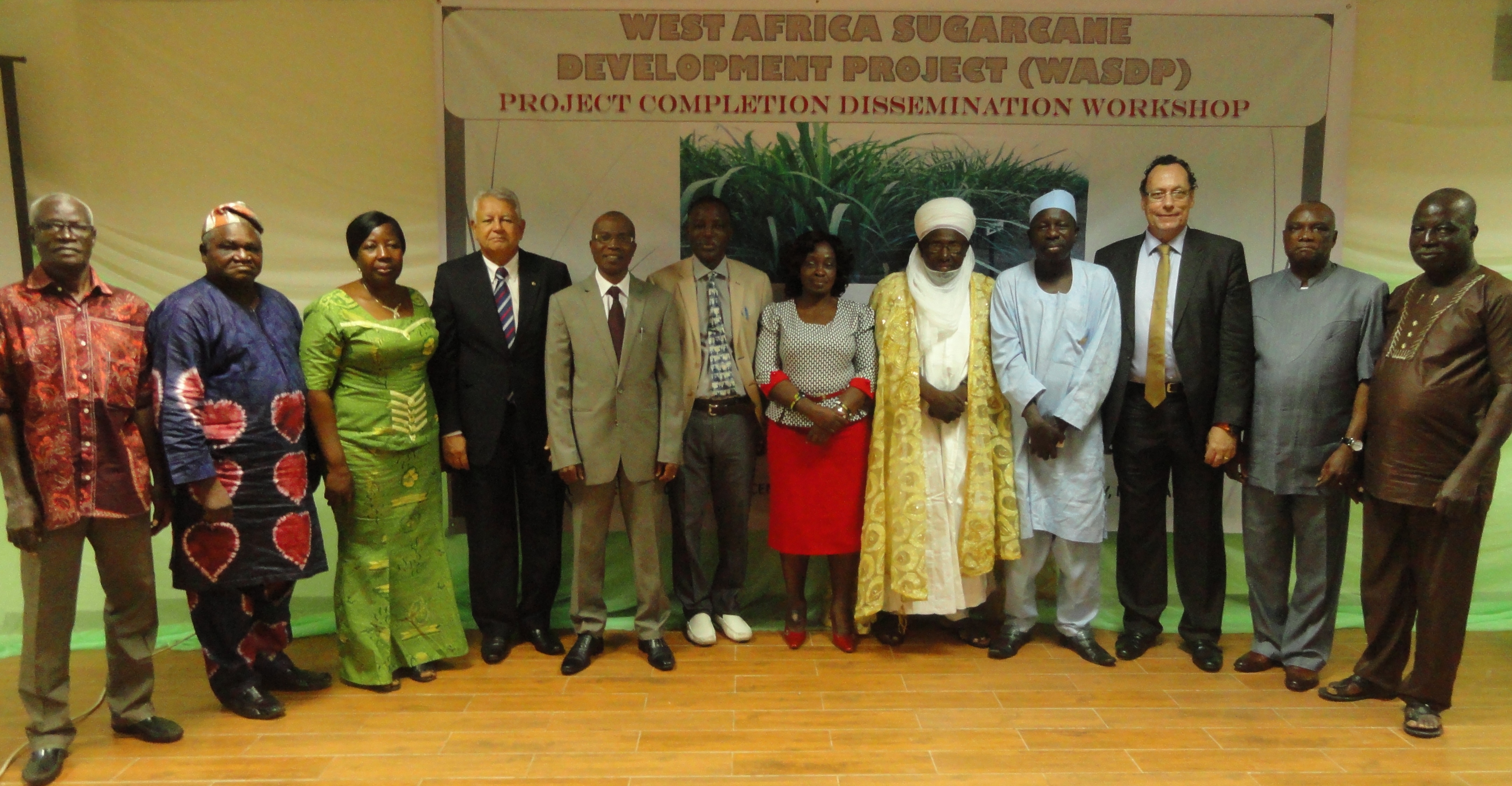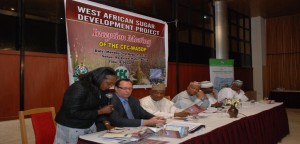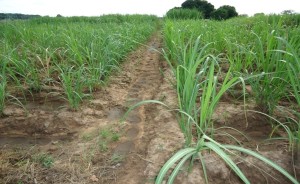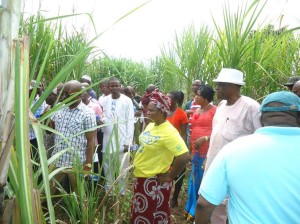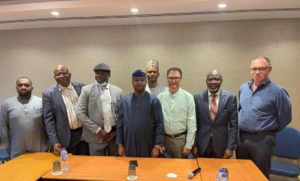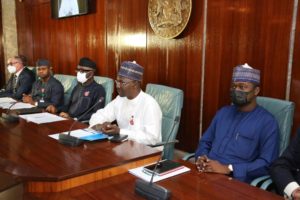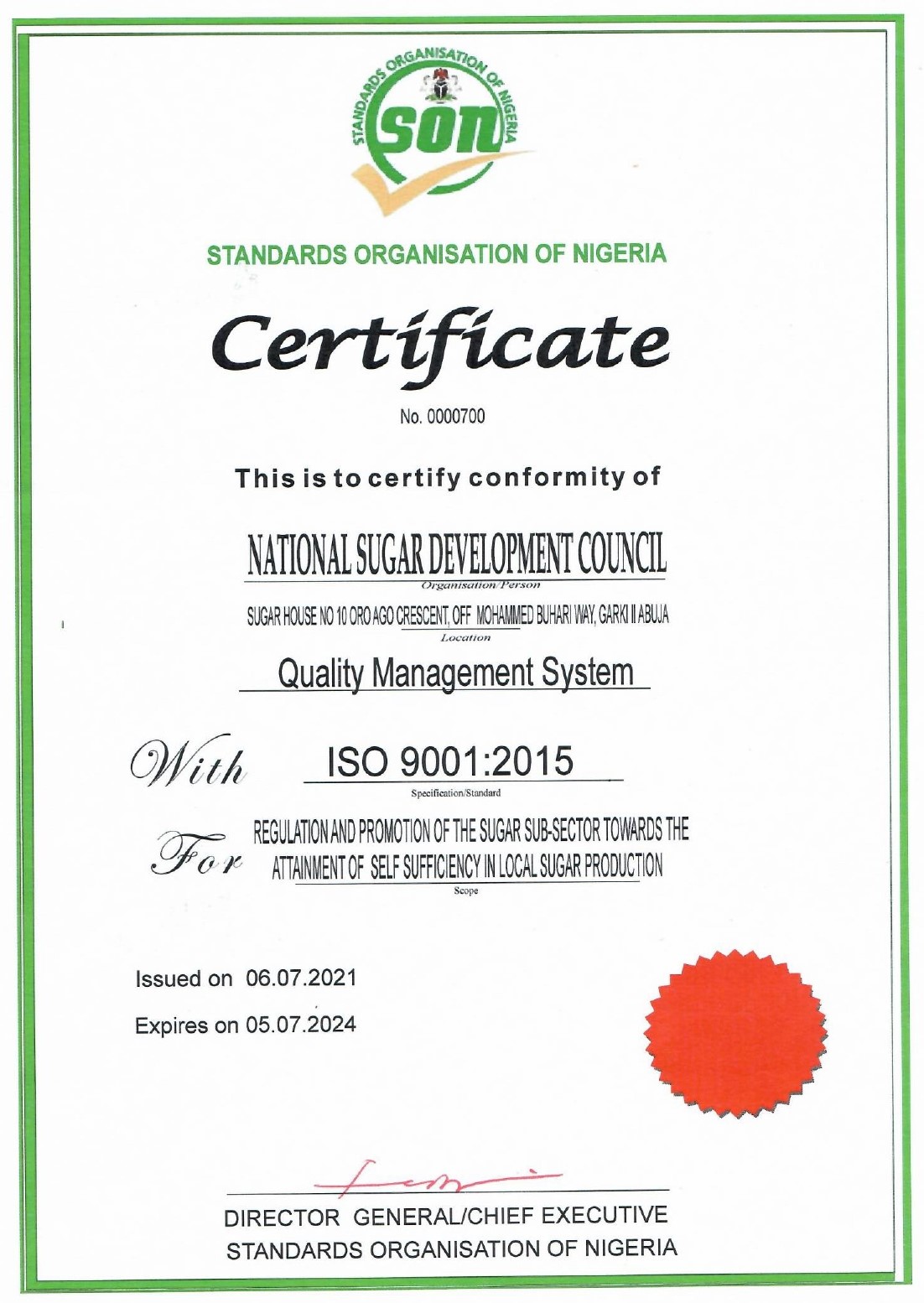The National Sugar Development Council (NSDC), in its efforts to reposition the Nigeria Sugar Sub-Sector and reinvigorate the productive capacities of the industry to enable it compete effectively with other highly developed sugar industries of the world, has identified the development of new, high yielding, disease and pest- free sugarcane varieties adaptable to the various sugarcane growing regions of the country as the foundation of higher productivity.
In line with these laudable goals the Council secured a grant of $2.1 million from an intergovernmental finance agency of the United Nations the Common Fund for Commodities (CFC) out of which the CFC was to provide the sum of USD1,609,803 grant while the participating institutions, the CNRA Abidjan, NCRI, Badeggi and USRI, Ilorin, were to provide the total sum of USD 502,372 as counterpart contribution to finance a regional project titled ‘“Development of Sugarcane Variety Improvement and Seed Multiplication Programme for Nigeria and Cote d’ Ivoire” which was approved in 2010 for a period of 6 years. The Project also called the West Africa Sugar Development Project (WASDP) was supervised by the International Sugar Organization (ISO), another UN body which has global mandate of promoting the efficient production, marketing and utilization of sugar and its derivatives.
Plate 1: Ms Eltha Brown of CFC delivering a speech at the Inception Meeting held in Abuja in August, 2010
The objectives of the project among others include:
– To develop higher yielding, disease and pest free sugarcane varieties to be adopted by the small scale sugarcane farmers in both countries
– To increase the production capacities and efficiencies of sugar industries in both countries
– To enhance the economic well-being of sugarcane farming communities
– To enhance capacity development of Scientists and Technicians involved in sugarcane growing and research in both countries
– To enhance regional cooperation among the participating countries
In order to achieve these objectives, the NSDC as the Project Executing Agency (PEA) had acquired 40 sugarcane varieties from some of the world best sugarcane breeding institutes namely: International Sugarcane Breeding Station, Combatoire, India; SBW do Brazil, Brazil; Mauritius Sugar Industry Research Institute, Mauritius, West Indies Sugarcane Breeding Station, Barbados; South Africa Sugar Research Institute, South Africa; USDA-ARS Sugarcane Breeding Station, Canal Point, USA and Kenana Regional Sugarcane Research Institute, Sudan. The imported varieties were quarantined and screened for diseases at the point of entry into the country at the Nigeria Agricultural Quarantine Service, Ibadan as is required by Nigerian Law and were evaluated in four sites in Nigeria (Agenebode, Ikenne, Tsaragi and Numan) and two sites in Cote d’Ivoire (Zuenoula and Ferke) for selection of best varieties to replace the old poor performing ones.
The project execution was monitored and evaluated by various technical experts such as the Project Technical Consultant (PTC), the Project Supervisory Body, ISO represented by its Senior Economist Mr. Lindsay Jolly and the funding agency, the CFC. At the end of the project it was adjudged to have largely met its objectives of providing higher yielding sugarcane varieties that will replace the old poorly performing varieties that are currently under cultivation by cane growers in the sub-region. This assertion was made at the recent Project Completion Mission and Project Completion/Dissemination Workshop held in Abuja on the 9th and 10th of October, 2016 to mark the end of the project. The event was well attended by participants from stake-holders of the industry.
At the end of the evaluation across the 6 trial sites, 5 best performing varieties were selected. All selected varieties generally out-performed the commonly grown varieties. Four of the test varieties; B80689 and M1176/77, Kn 93063 and D8687 were good enough to be selected across two or three test locations at Numan, Agenebode, Ikenne and Zuenoula.
The most promising 5 varieties selected from each of the 6 trial sites are as follows:
NUMAN: Kn 93063; D8687; Co 9906; M1176/77 and RB82/5211
AGENEBODE: BR98006; B 971007; B80689; Kn 93063 and B74541
IKENNE; B80689; M1246 /84; M1334/84; M1176/77 and D8687
TSARAGI: Co 6806; SP71-6180; RB82/ 5211; RB86/1329 and B98653
ZUENOULA: B98653; Co997; M1176/77; M2238/89 and M1861/89
FERKE: KnH80412, SP711406, Co8603, RB86/3129 and CoC 671
Plate 2: Brazilian Varieties 2 months after transplanting at NCRI, Badeggi
Plate 3: The first 20 imported varieties 2 months after planting at USRI, Ilorin
Plate 4: Selected variety M1176/77 under multiplication
Plate 5: Selected variety M1861/89 under multiplication
Plate 6: Selected variety D8687 under multiplication
Plate 7: Selected variety B80689 under multiplication
Plate 8: Project Scientists evaluating one of the trials
Plate 9: Farmers participating in variety assessment at Farmers Field Day
Plate 10: The Project Consultant making a point to the team at one of the evaluation sites
Benefits to Farmers and the Sugar Industry:
From the outcome of this project, improved sugarcane varieties will be released to the sugar estates and small holder farmers in the project areas. The W.A sugar industry for the first time since about 40 years now has a group of improved higher yielding and disease tolerant varieties to replace the old poorly performing ones that have been under cultivation in the past 40 years. Four out of the 40 test varieties can be regarded as outstanding as they did very well and were among the 5 selected across several locations. For instance, M1176/77 was among the 5 varieties selected at 3 locations; Numan, Zuenuola and Ikenne. Three other varieties; B80689; D8687 and Kn93063, were selected across 2 sites each; Agenebode and Ikenne, Numan and Ikenne as well as Numan and Agenebode respectively. In addition, all these new selections out-yielded the best check varieties by 7.3 – 66.1% across all locations. Specifically, the ultimate beneficiaries of the project; small-holder farmers, are expected to derive direct benefit from the selected varieties.
In addition, all the 40 test varieties have helped to enlarge the genetic pool and breeding germplasm available in the participating countries while the selected varieties would assist in the varietal development and breeding programmes of the local sugarcane breeders in the 2 countries.
Overall, the project has enhanced the technical capacities of the collaborating scientists and technicians in sugarcane evaluation and selection as well as their capacity for effective dissemination of new technologies.
Plate 11: The WASDP Project Team
Benefits to the National Sugar Development Council:
Apart from assisting the Council achieve some of its mandates on development of Nigeria’s sugar industry; the project has enhanced the capacity of the Council to undertake regional developmental projects of its type. Through the project, the council was able to establish effective linkages with several sugarcane breeding institutions and strengthened its network with other sugar industries in the region.

